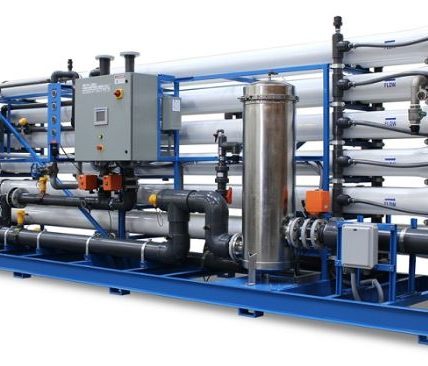Your swimming pool is the ideal source of recreation for the whole family. Once the summer comes about, the swimming pool becomes the place to be, providing an area where you can while away the hours and get away from the heat as much as you would like. It can also be a great place in which to get some exercise with seemingly little effort.
The use of the pool drops once the summer comes to an end. This change can be drastic or gradual, depending on various factors, including tolerances for cooler weather. Either way, your pool must be maintained during the wintertime, especially if it is not in use.
The following tips will equip you with some guidelines and methods you can employ in the maintenance of your pool during the winter season.
Cleaning
First and foremost, cleaning your pool is highly recommended. After frequent use in the summer, your swimming pool will not be at optimum clean. This will entail vacuuming the floor to clear off debris and cleaning the tiles. You must also skim the water to catch and remove any floating impurities. Do not forget to clean your equipment after you are done!
The Use of Covers
For most people, the last of pool weather spells the end of sessions in the pool. The appearance of the pool cover often signifies this. The cover is an essential maintenance tool. It keeps debris off the pool, thus maintaining some cleanliness and reducing chances for contamination.
The pool cover must be cleared of debris like fallen leaves and other vegetation blown onto it by the wind. There may also be some water from rain or snow accumulation. These must be removed regularly to maintain the efficacy of the cover. The leaves can be swept away while the water and snow are cleared using a vacuum.
Chemistry
There are two options for pool maintenance in the wintertime. Keeping the water intact, or draining the pool for the season. For those that choose to keep the water, maintaining an optimal chemical balance is the key to the prevention of the growth of algae. You must not neglect the process of checking and adjusting the chemical levels simply because the pool is not in use. It is advisable to do so every two months. The chemicals that are used must also be rotated out every year to avoid using chemicals with less potency.
Pool Equipment and Pipes
Undertake the maintenance and necessary replacement of pool equipment as standard. The pumps and filters must be maintained in peak working condition to avoid the need for costly repairs once the weather is warmer again.
The pipes must also be checked and cleared of any water that is left behind. This water could potentially form ice in particularly cold weather. The ice can, in turn, cause the formation of cracks that would require extensive and expensive repair.
Regardless of the design of your swimming pool, care must be taken to keep it in good shape at during all seasons. This may even be a cost-saving venture for you in the long run. Contact your local professional technician today; they can educate and guide you in the best practices to adopt in the maintenance of your swimming pool as the winter season comes about.
Read also:
Questions to ask yourself before getting a built-in swimming pool



